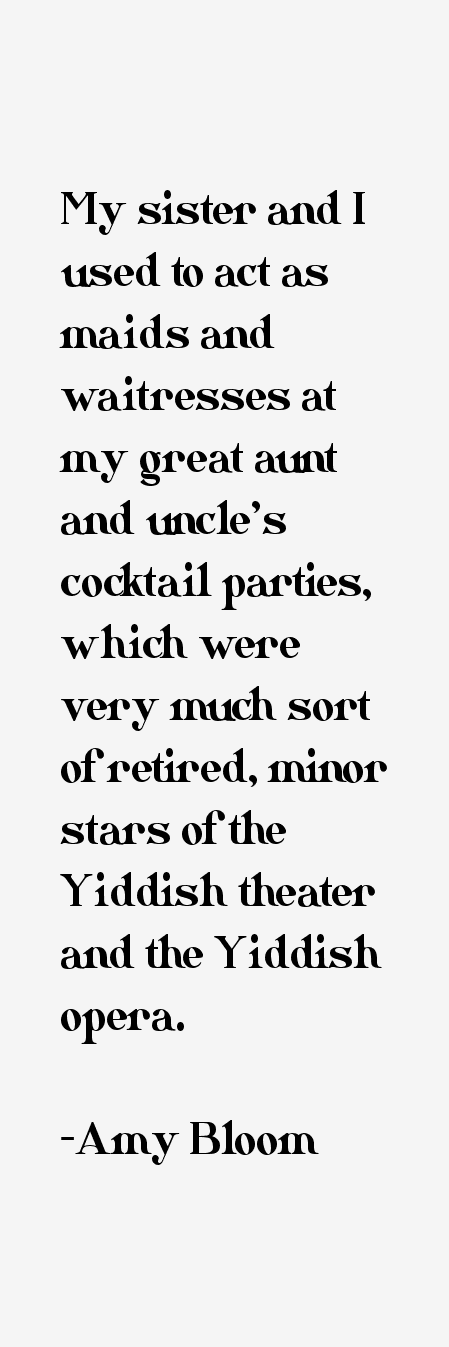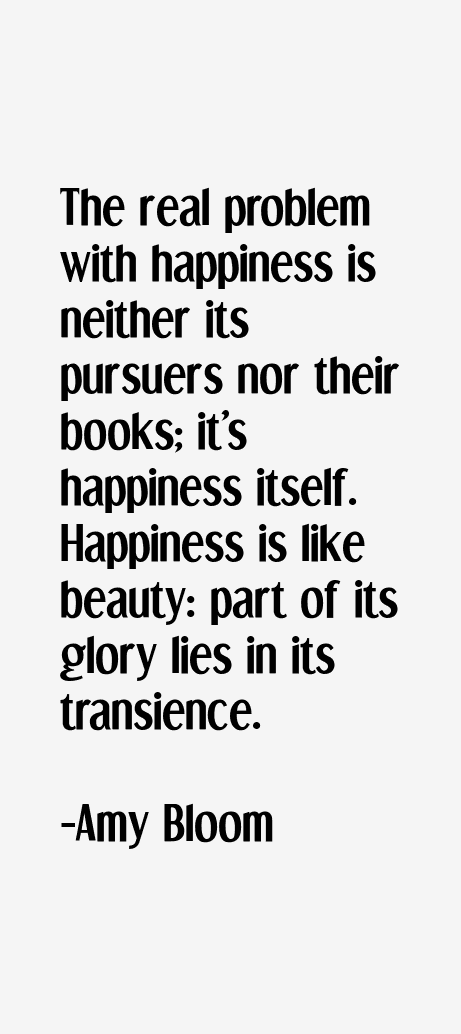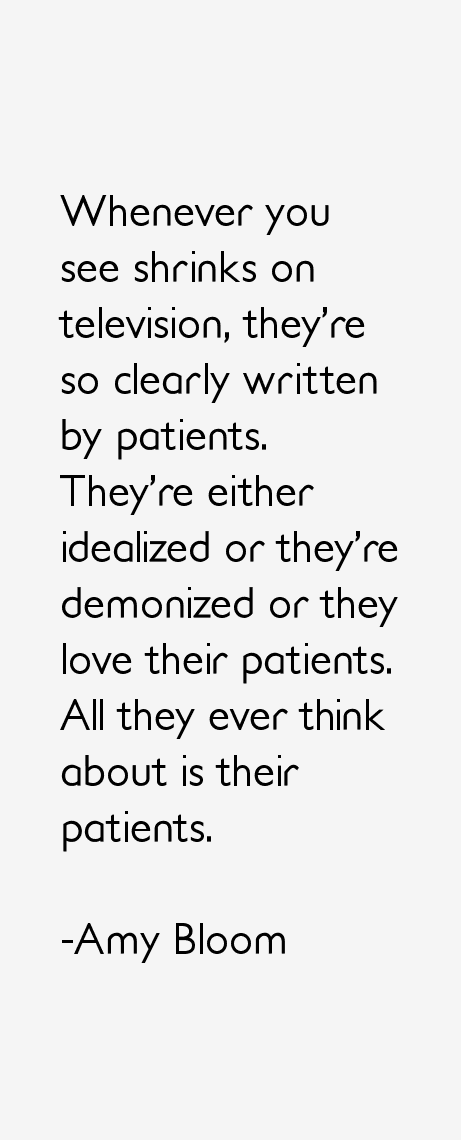Amy Bloom Quotes & Sayings (Page 6)
Amy Bloom quotes and sayings page 6 (writer). These are the last 10 out of 60 quotes we have.
“My greatest surprise was that so much of what we think is common sense is just prejudice, and so much of what we think is scientific fact is about as scientific as the idea that the sun revolves around the earth.”
“My job is to form the people, the story, the sentences. Every reader will bring their own life and their own history to the story and shape it accordingly. I guess you can say it's like I am sending them a letter.”
“My mother's favorite photograph was one of herself at twenty-four years old, unbearably beautiful, utterly glamorous, in a black-straw cartwheel hat, dark-red lipstick, and a smart black suit, her notepad on a cocktail table. I know nothing about that woman.”

“My sister and I used to act as maids and waitresses at my great aunt and uncle's cocktail parties, which were very much sort of retired, minor stars of the Yiddish theater and the Yiddish opera.”
“'Normal' is not clinical, it's not autobiographical, and I don't claim to be objective. It's strictly my perceptions and thoughts about the people that I met and the stories that I heard. It was never meant to be an academic work.”
“Plays are wonderfully different than short stories, first because it's a story that's on a stage, but there's a different sort of tension that appears on stage - you get to see your characters in a different way - like with lights.”
“Short stories have no net. The writer cannot take a leisurely sixty pages to get things moving, or make a side trip onto a barely related subject, or slack off in the last forty pages. Everything is right now, right here, in the reader's grasp and mind's eye. The writer has twenty to thirty pages to entice, seduce, enter, and alter the reader.”
“Smart people often talk trash about happiness and worse than trash about books on happiness, and they have been doing so for centuries - just as long as other people have been pursuing happiness and writing books about it.”

“The real problem with happiness is neither its pursuers nor their books; it's happiness itself. Happiness is like beauty: part of its glory lies in its transience.”

“Whenever you see shrinks on television, they're so clearly written by patients. They're either idealized or they're demonized or they love their patients. All they ever think about is their patients.”
Amy Bloom Quotes Rating
No Ratings Yet
Leave A Comment
























